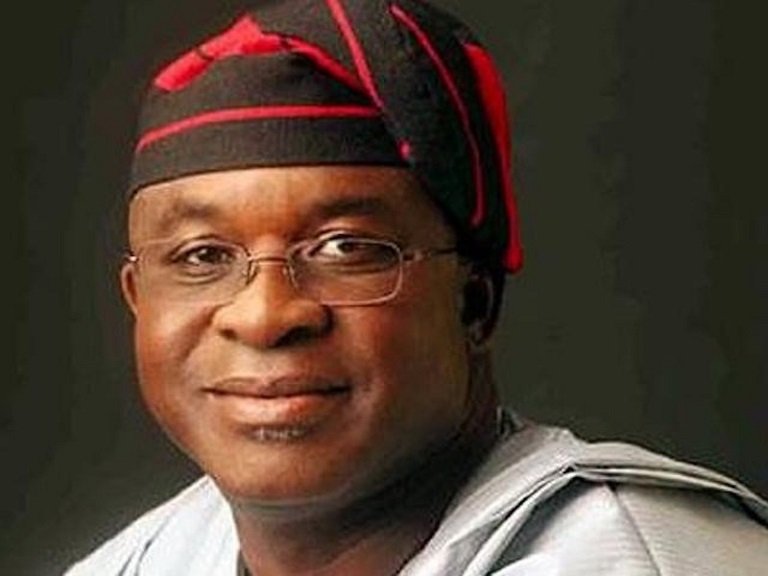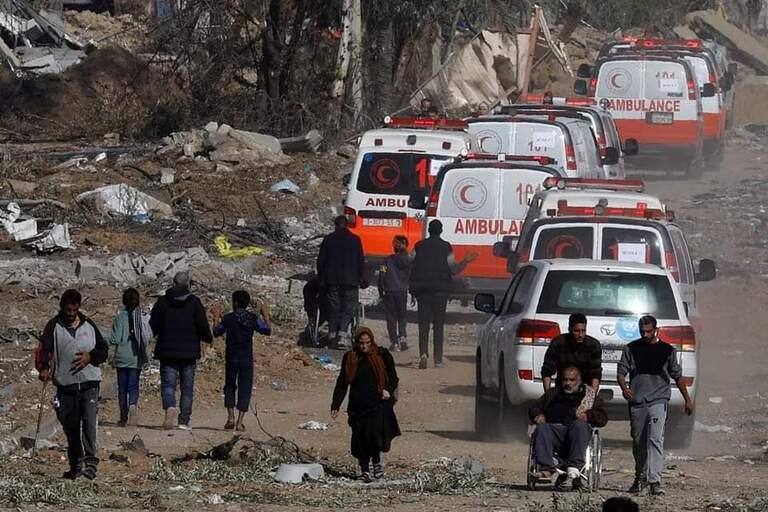Iran has lashed out at the Group of Seven (G7) nations, accusing them of taking sides with Israel in the ongoing hostilities that have entered their fifth consecutive day.
Speaking at a press briefing on Tuesday, Iranian foreign ministry spokesman Esmaeil Baqaei condemned the G7’s position, particularly its call for “de-escalation,” following Israel’s extensive airstrikes across Iranian territory.
“The G7 must give up its one-sided rhetoric and tackle the real source of the escalation — Israel’s aggression,” Baqaei declared.
According to Iranian officials, Israel struck nearly 100 targets within Iran on June 13, including sensitive nuclear facilities and military command centres. The attacks reportedly killed several high-ranking officials, including Iran’s armed forces chief and top nuclear scientists.
“Israel has launched an unprovoked war of aggression against Iran… in violation of… the UN Charter,” Baqaei added.
“Hundreds of innocent people have been killed, our public and state facilities and people’s homes are brutally demolished.”
He defended Tehran’s military response as an act of national survival.
“Iran is defending itself against a cruel aggression. Does Iran really have any other choice?”
Meanwhile, G7 leaders — including U.S. President Donald Trump — convened in Canada on Monday and issued a joint communique urging restraint. While advocating for peace, the bloc expressed strong support for Israel’s right to self-defense.
“We affirm that Israel has a right to defend itself. We reiterate our support for the security of Israel,” the G7 statement read.
The G7 also reiterated its long-standing concerns about Iran’s nuclear ambitions.
“Iran is the principal source of regional instability and terror,” the communique stated.
“We have been consistently clear that Iran can never have a nuclear weapon. We urge that the resolution of the Iranian crisis leads to a broader de-escalation of hostilities in the Middle East.”
As diplomatic tensions rise, over 600 foreign nationals have reportedly fled Iran through Azerbaijan, while global oil markets continue to fluctuate due to heightened fears of a wider Middle East conflict.











